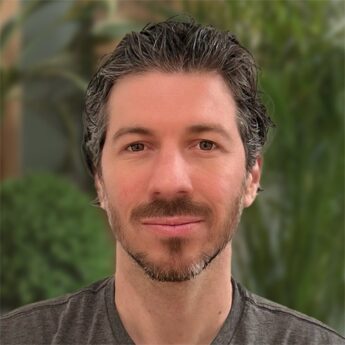Background
I began my career as an experimental neuroscientist studying the neural basis of perceptual decisions—how, on a single trial, we succeed or fail to see what’s there. I earned my PhD in Neuroscience in 2016 from the University of Texas at Austin, working with Alex Huk and Jonathan Pillow studying neurons in the parietal lobe in a well-established psychophysical paradigm based on motion discrimination. At the end of my PhD, I became convinced that the artificial paradigms used in much of sensory neuroscience—subjects fixating on a screen and making repetitive, constrained decisions—would not reveal the deeper principles of perception I was interested in. This was reinforced by a collaboration with Jon Matthis and Mary Hayhoe studying eye movements during natural locomotion. As a postdoc, I worked with Jude Mitchell, Greg DeAngelis, Michele Rucci and Dan Butts to build methods for enabling the study of vision during natural free viewing. I am now an Assistant Professor in the Herbert Wertheim School of Optometry and Vision Science and the Helen Wills Neuroscience Institute at UC Berkeley, where I continue to pursue the mechanisms of natural vision and the computational principles underlying perception.

